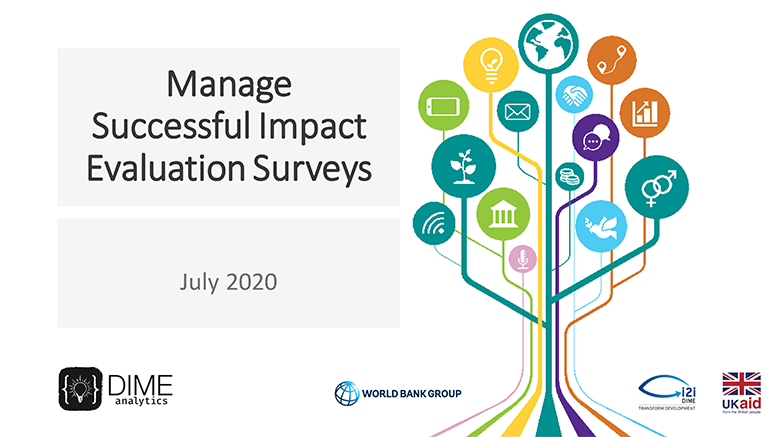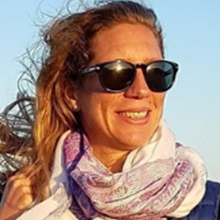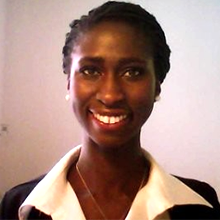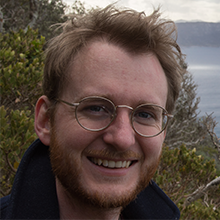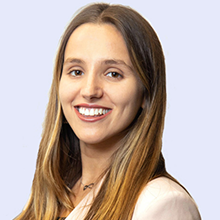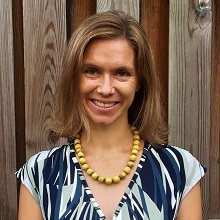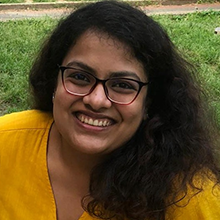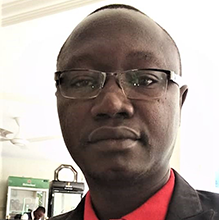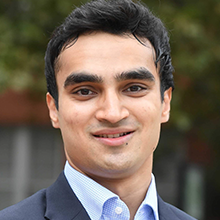Participants will become familiar with the workflow for primary data collection. The course will cover best practices at all stages of the workflow, from planning a survey to piloting survey instruments and monitoring data quality once fieldwork begins. There will be a strong focus throughout on research ethics and reproducible workflows. The course is designed for World Bank staff and consultants responsible for supervising primary data collection for a research project or interested in improving the quality of monitoring and evaluation data for an operational project. This course specifically focuses on surveys for impact evaluation, project monitoring, or other research purposes, typically implemented by private firms (differentiated by national statistics surveys). The course will be conducted entirely remotely. It will use a combination of virtual lectures, case studies, readings, and hands-on exercises. Participants who successfully complete all activities will receive a course certificate.
Participants will learn to:
- Plan for and prepare a successful survey
- Design high-quality survey instruments
- Collaborate effectively with all survey stakeholders
- Monitor survey implementation and ensure high-quality data
- Handle confidential data securely

